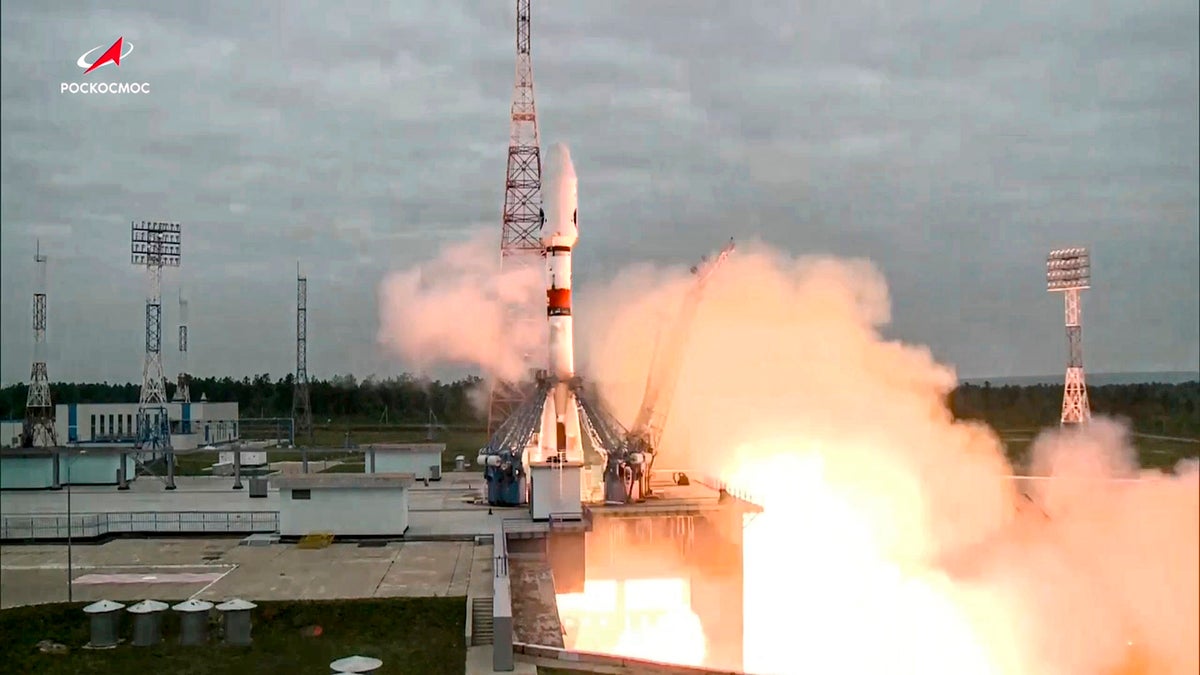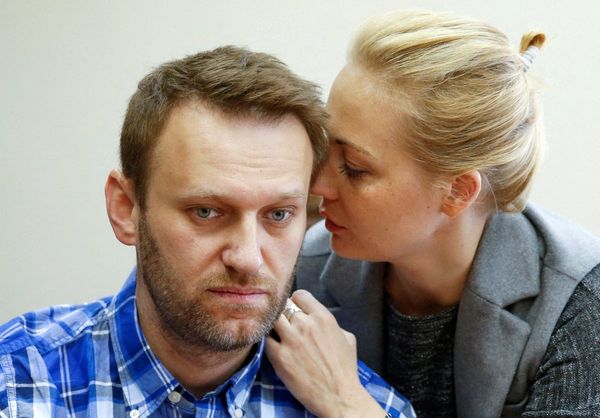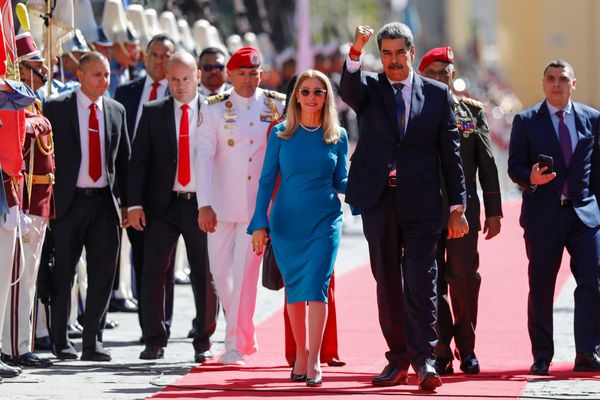
A leading physicist and astronomer who served as a key consultant in Vladimir Putin’s moon mission was hospitalised in Moscow after Russia’s first lunar expedition in 47 years failed.
Mikhail Marov, 90, was rushed to hospital following a “sharp deterioration” in his health after Luna-25 spacecraft spun out of control and crashed into the moon.
"It is so sad that it was not possible to land the apparatus," he said after the failure of Luna-25 was announced.
Russia’s state space corporation Roskosmos said it lost contact with the craft at 11.57am (GMT) on Saturday after a problem as the craft was shunted into pre-landing orbit. A soft landing had been planned for Monday.
"The apparatus moved into an unpredictable orbit and ceased to exist as a result of a collision with the surface of the Moon," Roskosmos said in a statement.
It said a special inter-departmental commission had been formed to investigate the reasons behind the loss of the Luna-25 craft, whose mission had raised hopes in Moscow that Russia was returning to the big power moon race.
Mr Marov told the Moskovsky Komsomolets newspaper that he hoped the reasons behind the crash would be discussed and examined rigorously.
"This was perhaps the last hope for me to see a revival of our lunar programme," he said, according to Reuters.
“There was a mistake in the algorithms for launching into near-lunar orbit,’ he was quoted as saying by the Daily Mail. “It must be found.”
A picture taken from the camera of the lunar landing spacecraft Luna-25 during its flight to the moon— (Reuters)
“For the specialists who will be involved in the work of the commission, this will not be a big problem. I think the answer will be found in the foreseeable future.”
Sharing details on his medical condition, he told the outlet that he is currently “under observation” as he shared his exasperation over the failure of the mission.
“How can I not worry? This has been very much a matter of my life. It’s all very hard.”
The failure of Luna-25 underscored the decline of Russia’s space power since the glory days of Cold War competition when Moscow was the first to launch a satellite to orbit the Earth – Sputnik 1, in 1957 – and Soviet cosmonaut Yuri Gagarin became the first man to travel into space in 1961.
A Soyuz-2.1b rocket booster with a Fregat upper stage and the lunar landing spacecraft Luna-25 blasts off from a launchpad at the Vostochny Cosmodrome in the far eastern Amur region, Russia— (Reuters)
It also comes as Russia’s $2 trillion economy faces its biggest external challenge for decades: the pressure of both Western sanctions and fighting the biggest land war in Europe since World War Two.
Though moon missions are fiendishly difficult, and many US and Soviet attempts have failed, Russia had not attempted a moon mission since Luna-24 in 1976, when Communist leader Leonid Brezhnev ruled the Kremlin.
Russia has been racing against India, whose Chandrayaan-3 spacecraft is scheduled to land on the moon’s south pole this week, and more broadly against China and the United States which both have advanced lunar ambitions.
Russian officials had hoped that the Luna-25 mission would show Russia can compete with the superpowers in space despite its post-Soviet decline and the vast cost of the Ukraine war.
Additional reporting by agencies







